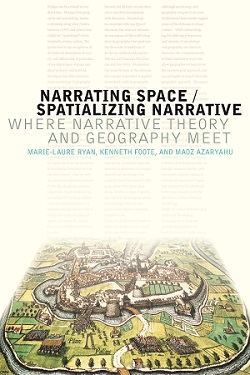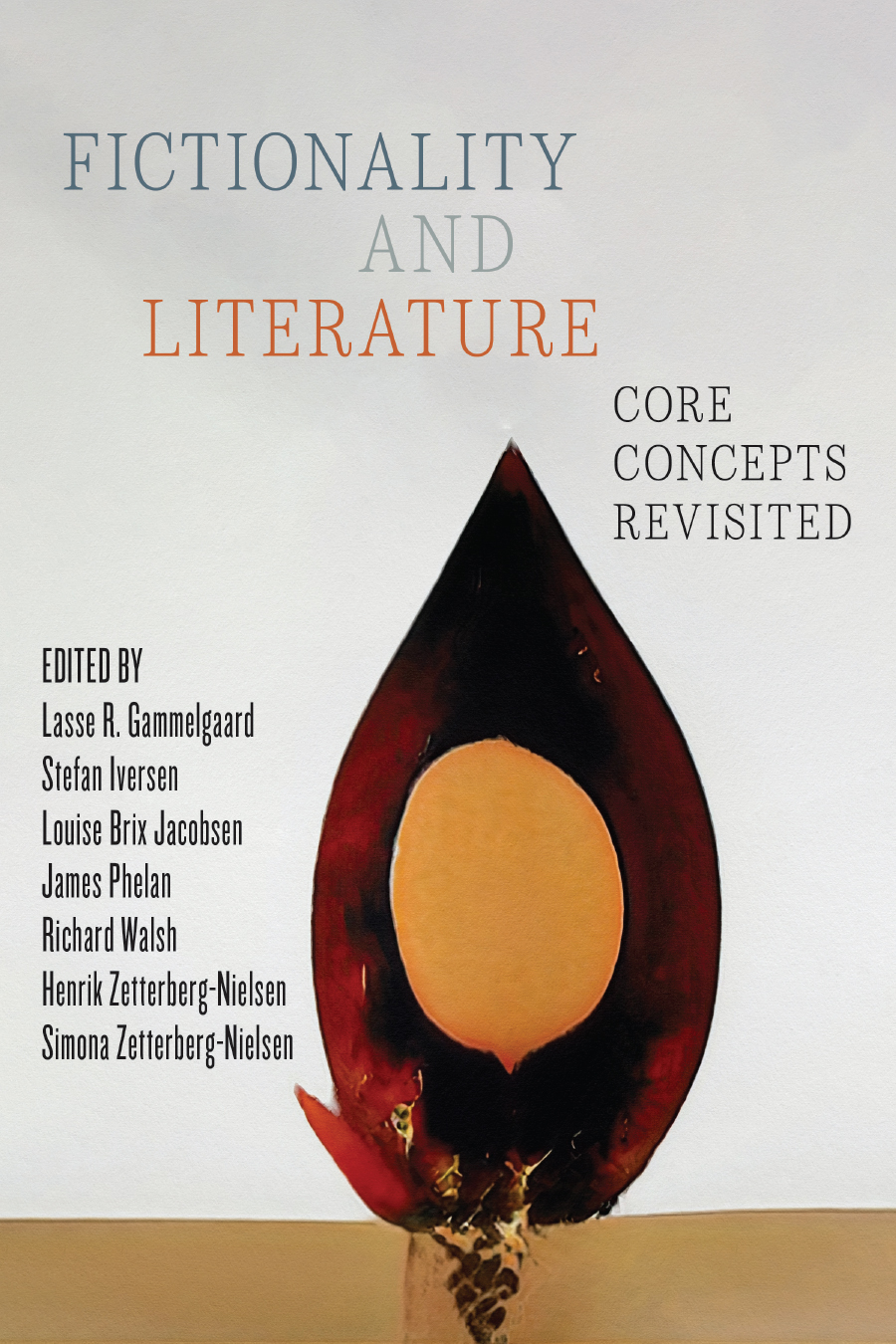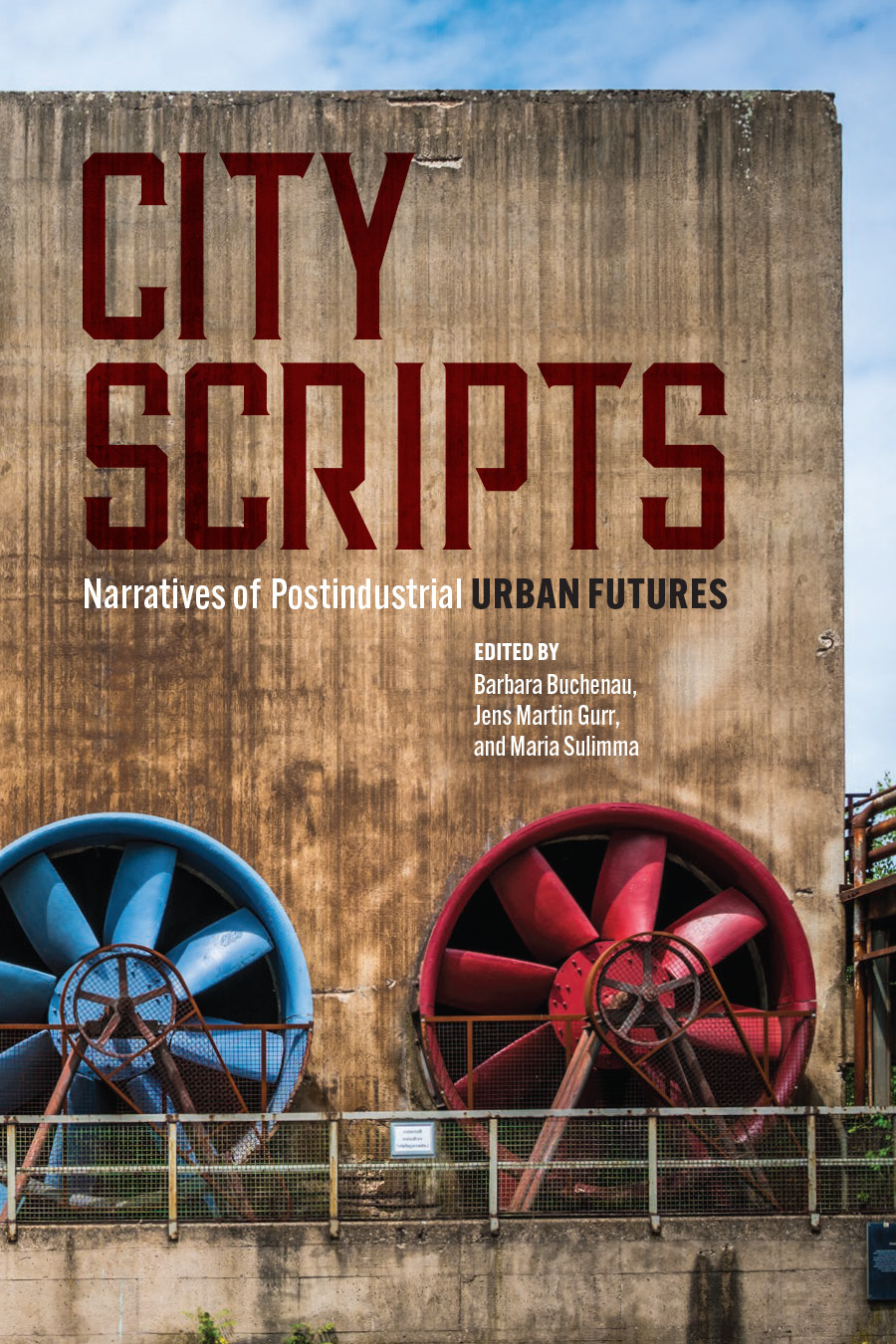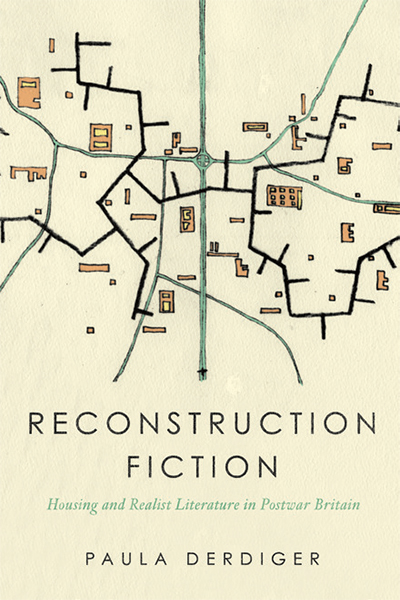Read a review of City Scripts in Anglistik
“This book demonstrates the value of transdisciplinary narratology and exemplifies the value of the expanding application of the literary tools of analysis … City Scripts thereby makes a strong case for the necessity of a clear understanding of the powers and structures of narrative in the quest for a more just future.” —Carlos Tkacz, DIEGESIS
“City Scripts offers a new way to think about the relationship between cities on the page and the cities in which we live, between representations of urban life and the lived experiences of urbanites.” —Jamin Creed Rowan, Modern Language Review
“City Scripts reenergizes discussions at the intersection of urban studies and literary and cultural studies. Innovatively reading material spaces using narratological tools developed through the analysis of fictional texts, it will be a rich and productive resource for scholars across disciplines.” —Erin James, author of Narrative in the Anthropocene
“There are tremendous political and economic challenges to creating more just and resilient cities, but City Scripts is a reminder that the stories we tell about cities can be just as important as a new policy or funding scheme. The essays in this volume, along with a great conceptual introduction, are a vital entry point to understanding the importance of literary and cultural analysis in the broader field of urban studies.” —Robert R. Gioielli, author of Environmental Activism and the Urban Crisis: Baltimore, St. Louis, Chicago
“When reading this book, urban planners in the US and Germany will understand why transdisciplinary city narratives often provide better information on what citizens need than do master plans and voluminous technical reports on sustainable development. While declining industrial cities in the US and in Germany have long been branded as losers of economic transformation and capitalism, the case studies at the heart of this book tell other stories—of successful interventions and revitalization.” —Klaus R. Kunzmann, Bartlett School of Planning, University College London
Storytelling shapes how we view our cities, legitimizing histories, future plans, and understandings of the urban. City Scripts responds to calls by literary theorists to engage a new kind of narrative analysis that recalibrates close reading and interpretation to the multiple ways in which narratives “do things”—how they intervene in the world and take action in everyday life. A multidisciplinary cast of contributors approaches this new way of looking at cities through the stories people tell about them, looking especially at political activism and urban planning, which depend on the invention of plausible stories of connectedness and of a redemptive future.
The stakes are especially high in cities where economic, ecological, and social futures are delimited by histories of large-scale extraction and racialized industrial labor. Contributors thus focus on cities in postindustrial areas of Germany and the United States, examining how narratives about cities become scripts and how these scripts produce real-life results. This approach highlights how uses of narrative and scripting appeal to stakeholders in urban change. These actors continually deploy narrative, media, and performance, with consequences for urban futures worldwide.
Contributors: Lieven Ameel, Juliane Borosch, Barbara Buchenau, Florian Deckers, Barbara Eckstein, Kornelia Freitag, Walter Grünzweig, Randi Gunzenhäuser, Jens Martin Gurr, Elisabeth Haefs, Chris Katzenberg, Johannes Maria Krickl, Renee M. Moreno, Hanna Rodewald, Julia Sattler, Maria Sulimma, James A. Throgmorton, Michael Wala, Katharina Wood
Barbara Buchenau is Professor of North American Cultural Studies at the University of Duisburg-Essen.
Jens Martin Gurr is Professor of British and Anglophone Literature and Culture at the University of Duisburg-Essen.
Maria Sulimma is Junior Professor of North American Literature and Cultural Studies at the University of Freiburg.
Contents
List of Illustrations
Acknowledgments
Introduction City Scripts in Urban Literary and Cultural Studies
Maria Sulimma, Barbara Buchenau, and Jens Martin Gurr
Part 1 Urban Spaces
Chapter 1 Black Lives Matter Graffiti and Creative Forms of Dissent: Two Sites of Counterscripting in Denver, Colorado
Florian Deckers and Renee M. Moreno
Chapter 2 Walking Down Woodward: (Re)Telling a City’s Stories through Urban Figures
Juliane Borosch and Barbara Buchenau
Chapter 3 Tiny Architecture and Narrative: Scripting Minimal Urban Living Spaces
Katharina Wood and Randi Gunzenhäuser
Chapter 4 Narrative Path Dependencies in Sustainable and Inclusive Urban Planning: Portland’s Albina Neighborhoods
Elisabeth Haefs and Jens Martin Gurr
Part 2 Urban Literature
Chapter 5 Scripting the Inclusive City, Narrating the Self: Contemporary Rust Belt Memoirs in Poetry and Prose
Chris Katzenberg and Kornelia Freitag
Chapter 6 Whose Detroit?: Fictions of Land Ownership and Property in Postindustrial America
Julia Sattler
Chapter 7 To the Bodega or the Café?: Microscripts of Gentrification in Contemporary Fiction
Maria Sulimma
Chapter 8 Redemptive Scripts in the City Novel
Lieven Ameel
Part 3 Urban Histories of Ideas
Chapter 9 Patterned Pasts and Scripted Futures: Cleveland’s Waterfronts and Hopes of Changing the Narrative
Johannes Maria Krickl and Michael Wala
Chapter 10 The Creative Democracy: A Critique of Concepts of Creativity in Contemporary Urban Discourse
Hanna Rodewald and Walter Grünzweig
Chapter 11 Forms, Frames, and Possible Futures
Barbara Eckstein and James A. Throgmorton
List of Contributors
Index
“The breadth of approaches and subjects on display throughout City Scripts is impressive....The work in City Scripts undeniably presents usefully novel readings of texts of the city and the city in texts.” —Michael Docherty, Amerikastudien
“City Scripts … [provides] a new framework through which to analyze urban phenomena in cities that have gone through deindustrialization and reindustrialization. Interesting in its contemporary emphasis and material. … The collection is bound to be eye-opening to those interested in contemporary urbanism.” —Meeria Vesala, Zeitschrift für Anglistik und Amerikanistik
“City Scripts is an advancement of both the field of narratology as well as urban studies. The volume brings forth a diversity in thought that allows it to articulate the disparate needs of a city’s inhabitants. The chapters also maintain a nuanced and critical perspective that is invaluable for discussing the very real issues contested within urban spaces.” —Madison Browne, Rocky Mountain Review
Related Titles:

Narrating Space / Spatializing Narrative
Where Narrative Theory and Geography Meet
by Marie-Laure Ryan, Kenneth Foote, and Maoz Azaryahu

Fictionality and Literature
Core Concepts Revisited
Edited by Lasse R. Gammelgaard, Stefan Iversen, Louise Brix Jacobsen, James Phelan, Richard Walsh, Henrik Zetterberg-Nielsen, and Simona Zetterberg-Nielsen



